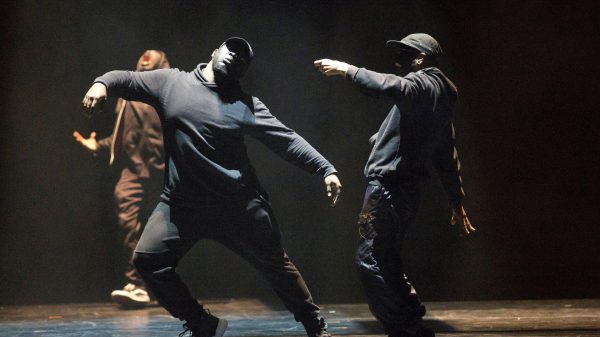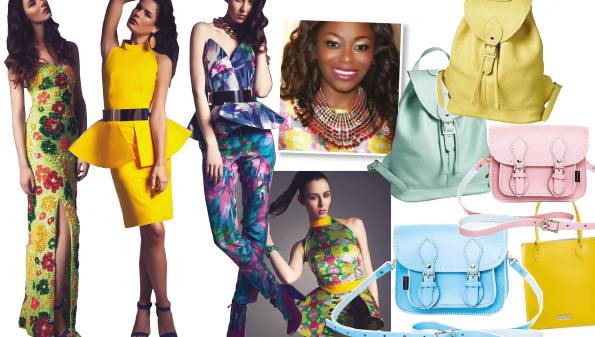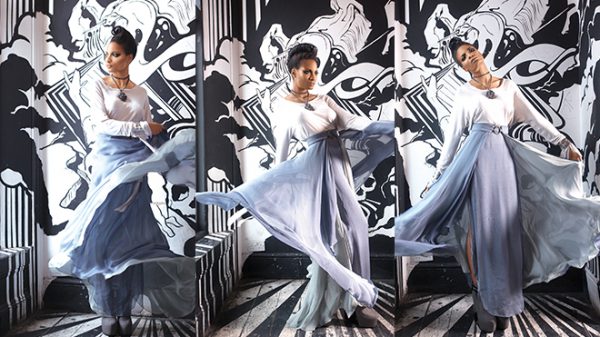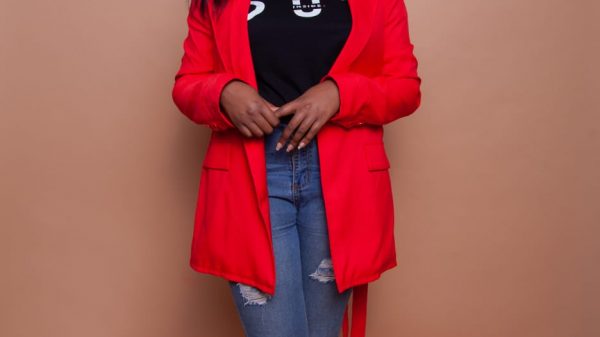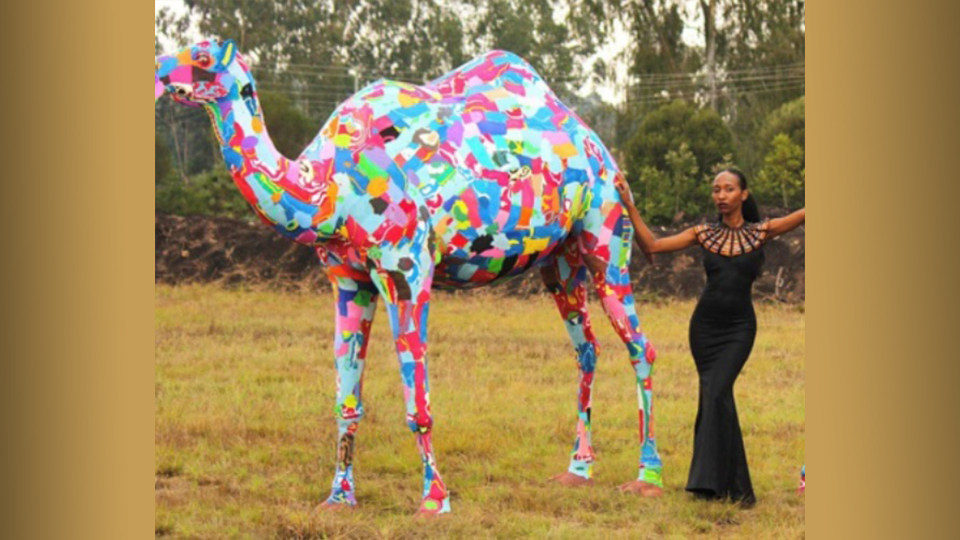Raw material is not a problem that the organisation faces. It is estimated that up to 23 million tonnes of plastic enter the world’s waterways every year, a figure expected to rise sharply in coming decades unless action is taken. The marine pollution crisis will be the focus of negotiations for an international plastics treaty at a three-day UN meeting in Nairobi to start on Monday.
Flip-flops are called the “poor man’s shoe” and are one of the worst polluters in the ocean. But a leading fashion label in Paris is helping a resourceful African community to step up with a new range of footwear.
The imaginative programme is giving slum children new hope while cleaning up the environment.
Each year thousands of slip-ons wash up on Kenya’s beaches, flushed out of rivers or funnelled by currents in the Indian Ocean from Asia and Australia.
Ocean Sole, a social enterprise scheme, is fashioning the footwear into pieces of art — and the French design label Chloé is using the recycled material in its latest line named Lou.
The Kenyan art group is handling up to a million flip-flops a year along with tonnes of plastic waste. They buy them mostly from women who are supporting families in Nairobi slums or coastal communities where marine litter is choking fish and preventing baby turtles from reaching the sea.
“We receive about 1.2 tonnes a week,” Jonathan Lenato, a supervisor at Ocean Sole, said. “Turn this into a month, then a year . . . it’s a lot of flip-flops.” The project now has more than 100 full-time staff.
Most are trained wood carvers who were made redundant when the deforestation of ebony and mahogany was outlawed. Instead they clean, glue and sculpt vivid non-biodegradable blocks into likenesses of Africa’s Big Five animals and other collectible pieces.
“We can do masterpieces that take about 2,000 flip-flops,” Lenato said. Styrofoam salvaged from dumped refrigerators is used as a mould for larger works, including elephants and giraffes that can sell for hundreds of dollars. Offcuts and harder plastic unsuitable for carving are shredded into filler for dog beds, cushions and mattresses under deals with the United Nations Refugee Agency and the International Red Cross.
Staff at Ocean Sole, set up 16 years ago by Julie Church, a Kenyan, can earn bonuses and university scholarships for their children.
Raw materials is not a problem that the organisation faces. It is estimated that up to 23 million tonnes of plastic enter the world’s waterways every year, a figure expected to rise sharply in coming decades unless action is taken. The marine pollution crisis will be the focus of negotiations for an international plastics treaty at a three-day UN meeting in Nairobi to start on Monday.






